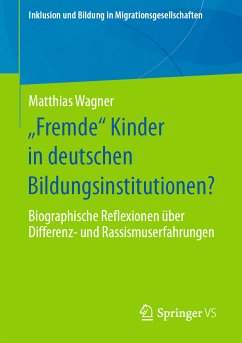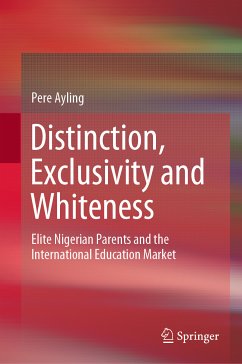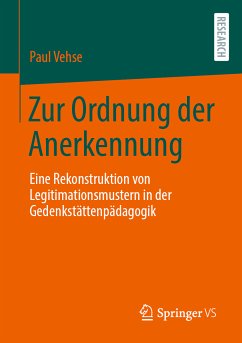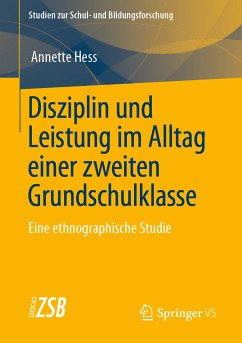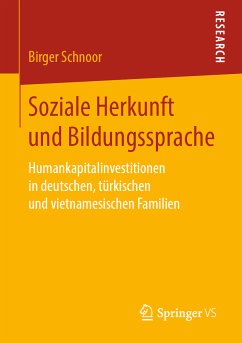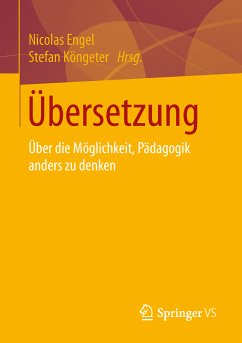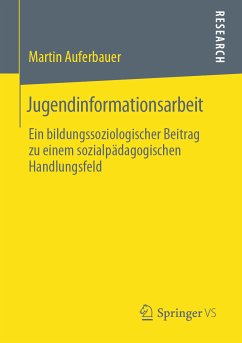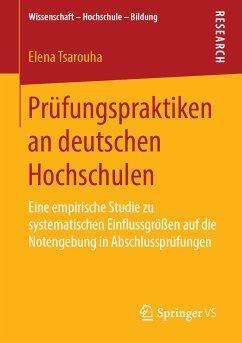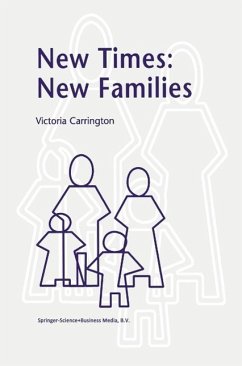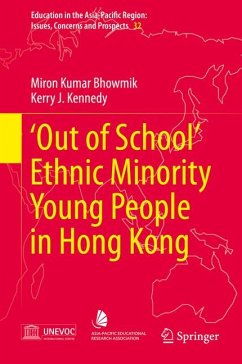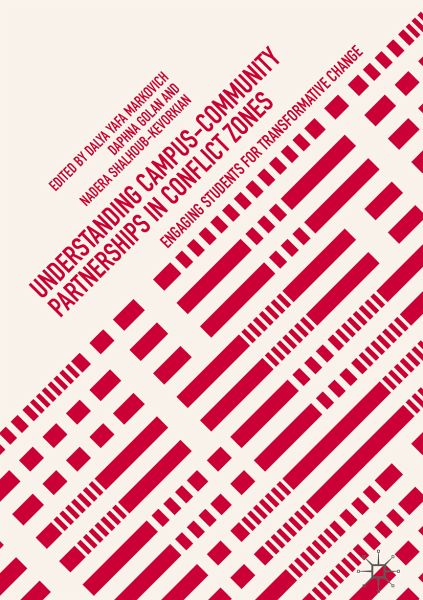
Understanding Campus-Community Partnerships in Conflict Zones (eBook, PDF)
Engaging Students for Transformative Change
Redaktion: Markovich, Dalya Yafa; Shalhoub-Kevorkian, Nadera; Golan, Daphna
Versandkostenfrei!
Sofort per Download lieferbar
72,95 €
inkl. MwSt.
Weitere Ausgaben:

PAYBACK Punkte
36 °P sammeln!
This book explores the opportunities and limitations of campus-community partnerships in Israel. In a conflict-ridden society with a struggling civic culture, the chapters examine partnerships at ten academic institutions, focusing on the micro-processes through which these partnerships work from the perspectives of students, NGOs, and disadvantaged communities. The editors and contributors analyse the range of strategies and cultural repertoires used to construct, maintain, negotiate and resist the various partnerships. Evaluating the various challenges raised by campus-community partnerships...
This book explores the opportunities and limitations of campus-community partnerships in Israel. In a conflict-ridden society with a struggling civic culture, the chapters examine partnerships at ten academic institutions, focusing on the micro-processes through which these partnerships work from the perspectives of students, NGOs, and disadvantaged communities. The editors and contributors analyse the range of strategies and cultural repertoires used to construct, maintain, negotiate and resist the various partnerships. Evaluating the various challenges raised by campus-community partnerships exposes the institutional and epistemological divides between academia and the community, and thus offers valuable insights into the ways partnerships can contribute to transformative change in conflict zones. This book will be of interest and value to researchers and students of campus-community partnerships as well as the anthropology of inclusion-exclusion and civic culture.
Dieser Download kann aus rechtlichen Gründen nur mit Rechnungsadresse in A, B, BG, CY, CZ, D, DK, EW, E, FIN, F, GR, HR, H, IRL, I, LT, L, LR, M, NL, PL, P, R, S, SLO, SK ausgeliefert werden.



